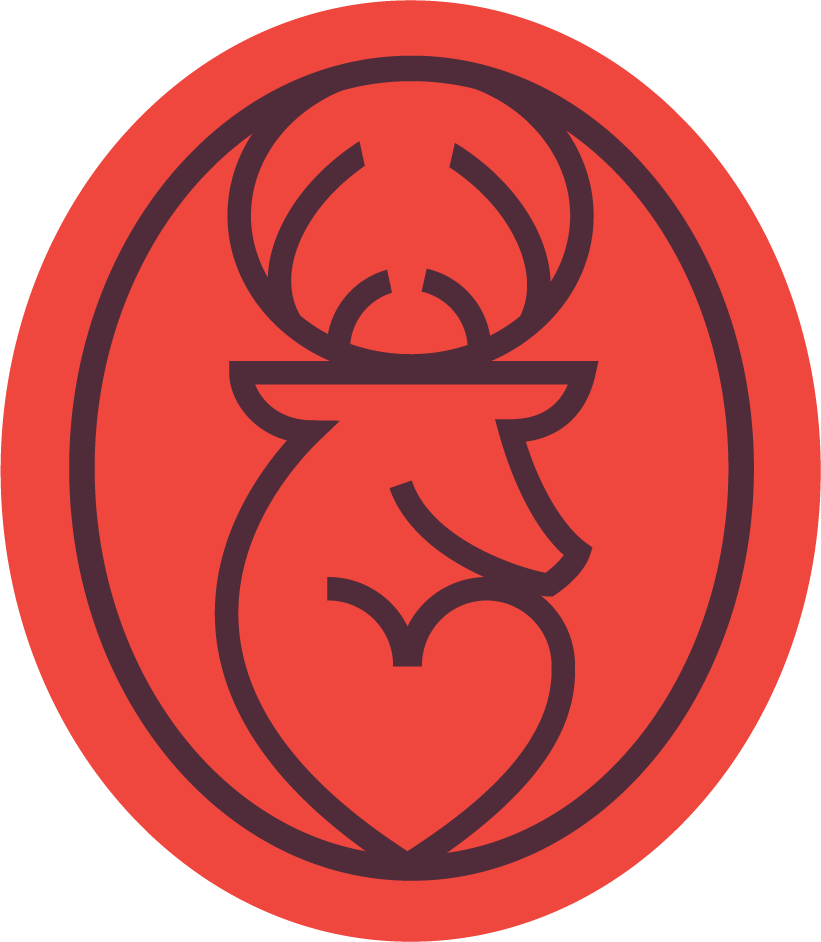5 Myths About Burnout — And the Truth That Could Save You
There’s a lie that keeps many of us on a treadmill of self-destruction:
If you want to make a significant impact, burnout is inevitable.
I read this recently — not as a caution, but as a celebration. The writer actually framed burnout as a badge of honor.
This is a dangerously false equivalence.
Burnout is not a badge. If only it were.
Burnout is a debilitating emotional, physical, and spiritual affliction — one that can be deadly.
The Culture of Glorified Self-Sacrifice
This glorification of burnout is baked into the professional and cultural narratives many of us live in — especially in:
Medicine
Caregiving
Leadership
Motherhood
We’re taught that:
Self-care is indulgent
Burnout is proof of commitment
Pain equals purpose
But this mindset comes at a high cost.
The 5 Myths of Burnout
These myths keep strivers striving — even to the point of collapse.
Myth #1: Burnout means you care more.
Caring deeply shouldn’t cost you your well-being.
Myth #2: Burnout is a sign that you work harder.
Exhaustion is not a work ethic — it’s a warning sign.
Myth #3: Burnout proves you’re selfless.
There’s no glory in giving so much that there’s nothing left of you.
Myth #4: Burnout means you just couldn’t hack it.
Burnout isn’t weakness — it’s what happens when strength is stretched too thin, for too long.
Myth #5: Burnout is the inevitable result of making an impact.
No. The most sustainable impact comes from people who take care of themselves along the way.
The Truth About Burnout
Let’s rewrite the narrative:
Truth #1: Burnout is born of a chronic misalignment — between what’s being asked of you and what’s humanly possible.
Truth #2: Long-term impact requires daily self-care. No exceptions.
Truth #3: Burnout happens when you consistently deprioritize your own needs.
Truth #4: Prioritizing self-care is your responsibility.
Your job won’t do it. The system won’t do it. Only you can.
From Burnout to Breakthrough
One of my clients came to coaching with a big goal:
Step into leadership.
But she was so burned out she felt her only option was to quit medicine entirely.
She began with triage — sleep, Netflix, stillness.
Then came recovery — silent retreats, family time, space to breathe again.
Quitting wasn’t part of her plan. It was her Ctrl-Alt-Del moment.
And it may have saved her life.
Burnout forced her to confront a deeper truth:
She’d built a life around the belief that her work mattered more than her well-being.
When she left medicine, she didn’t just leave her job.
She left the belief system that had driven her to collapse.
Reimagining Impact
Burnout is not a strategy.
It’s a signal — and sometimes a spark.
It’s a wake-up call to rebuild, realign, and reclaim your well-being.
If you're listening to that call, ask yourself:
What kind of impact do I want to make — and at what cost?
What would it look like to fuel my impact instead of draining myself to achieve it?
What does real, daily, unapologetic self-care look like for me?
The Radical Act of Self-Care
Self-care isn’t selfish. It’s sustainable.
In a system that celebrates overwork, saying “I matter” is a radical act.
But it’s the only way forward that doesn’t end in breakdown.
Make a plan. Not once in a while — every damn day.
Because you matter. Your well-being matters.
And your impact will be greater for it.
Ready to Break the Burnout Cycle?
Start reclaiming your energy, purpose, and peace — not someday, but today.
📥 Download the Burnout Recovery Starter Plan and take your first step toward sustainable impact and unapologetic self-care.
👉 Download the Burnout Recovery Starter Plan
Because burnout isn’t your destiny — alignment is.
